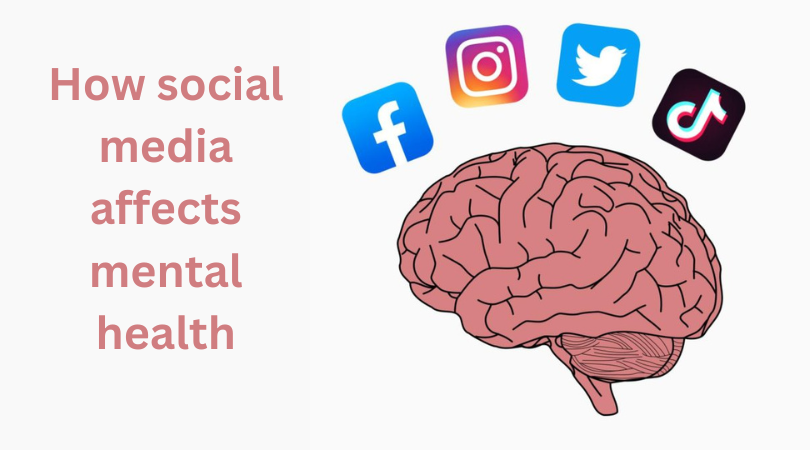How social media affects mental health. In today’s digital age, social media has become an integral part of our daily lives, influencing how we communicate, work, and socialize. However, alongside its many benefits, there is growing concern about the impact of social media on mental health. Let’s delve into the ways in which social media affects our well-being.
The Pressure of Comparison
One significant way in which social media affects mental health is through the constant exposure to curated lifestyles and highlight reels of others. Platforms like Instagram and Facebook often present an idealized version of reality, leading individuals to compare their own lives unfavorably. This constant comparison can contribute to feelings of inadequacy, low self-esteem, and even depression.
Cyberbullying and Negative Feedback
Another detrimental aspect of social media is the prevalence of cyberbullying and online harassment. The anonymity and detachment provided by the internet can embolden individuals to engage in hurtful behavior towards others. For many, receiving negative comments or experiencing cyberbullying can have severe consequences on their mental well-being, leading to anxiety, stress, and even suicidal thoughts.
Fear of Missing Out (FOMO)
With the constant stream of updates and notifications, social media can evoke a fear of missing out (FOMO) in individuals. Whether it’s seeing friends attending events or colleagues achieving milestones. The fear of being left out can lead to feelings of loneliness and isolation. This constant need to stay connected and up-to-date can take a toll on one’s mental health, causing increased stress and anxiety.
Distorted Perception of Reality
The curated nature of social media content can often distort one’s perception of reality. People tend to showcase only the positive aspects of their lives. Leading others to believe that everyone else is living a perfect life except for them. This distorted perception can fuel feelings of inadequacy and contribute to the development of depression and anxiety disorders.
Negative Effects on Self-Esteem
Excessive use of social media has been linked to a decline in self-esteem, particularly among young adults and adolescents. Constant exposure to images of perceived perfection can lead individuals to feel dissatisfied with their own appearance, achievements, and life circumstances. This negative self-comparison can erode self-esteem over time, leading to feelings of worthlessness and self-doubt.
Conclusion
While social media offers numerous benefits in terms of connectivity and information sharing, it’s essential to be mindful of its potential impact on mental health. By recognizing the negative effects such as pressure of comparison, cyberbullying, FOMO, distorted perception of reality, and declining self-esteem, individuals can take proactive steps to mitigate these risks. Finding a balance between online and offline activities, setting boundaries, and seeking support when needed are crucial for maintaining good mental well-being in the digital age.
F&Q
How does the Internet affect mental health?
Excessive Internet use may create a heightened level of psychological arousal, resulting in little sleep, failure to eat for long periods, and limited physical activity, possibly leading to the user experiencing physical and mental health problems such as depression, OCD, low family relationships and anxiety.
What are 10 negative impact of social media?
These negative effects include cyberbullying, the spread of misinformation, addiction, the decline in face-to-face communication, self-esteem issues, social isolation, polarization, and echo chambers, cyber stalking and harassment, a decrease in privacy, and comparison and envy.
How social media affects the youth?
The researchers found that using social media more than three times a day predicted poor mental health and well-being in teens. But not all research has found a link between time spent on social media and mental health risks in teens. How teens use social media also might determine its impact.
===================




